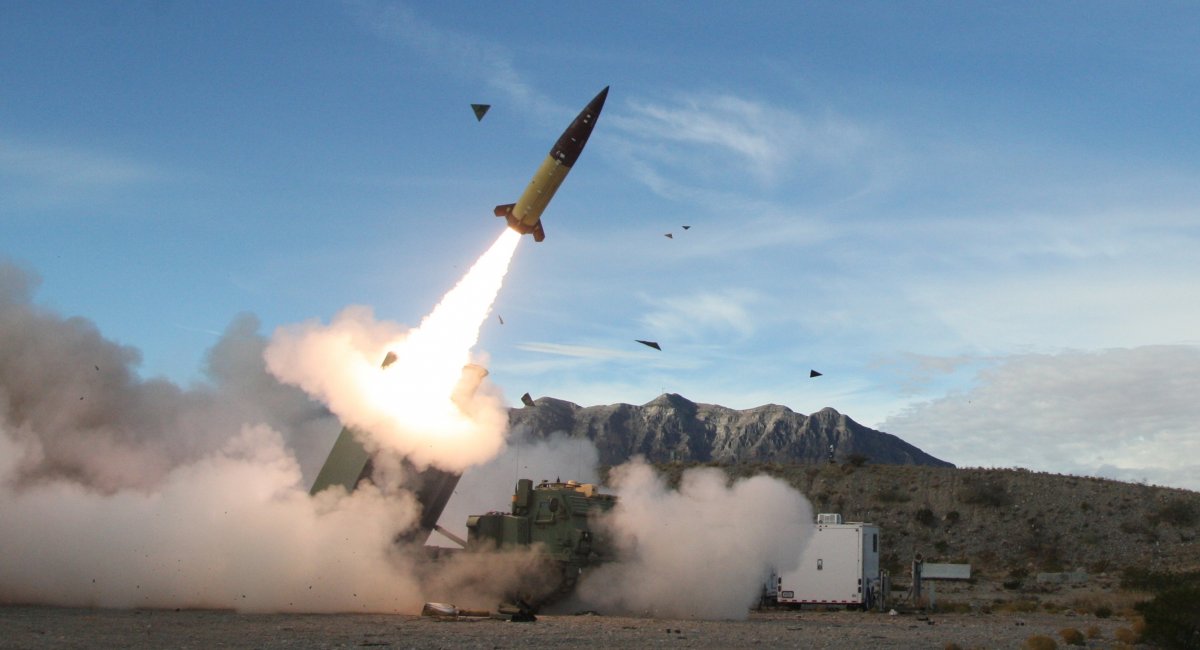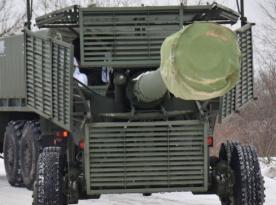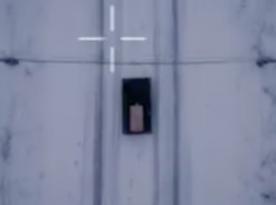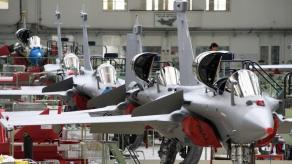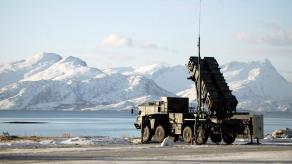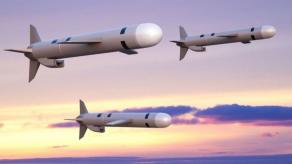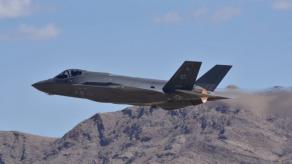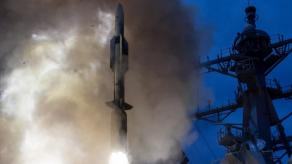Overnight April 30th, another missile strike was inflicted on the russian forces deployed in the occupied Crimea. Media say explosions were heard across multiple places across the peninsula, in Hvardiiske, Krasnoperekopskyi districts, in the cities of Yevpatoria, Dzhankoi, and Simferopol. In the last two, air defense were engaged, as reported by local governor Vladimir Rogov.
According to his claims, it was Ukraine with an ATACMS ballistic missile, while the Ministry of Defense keeps silent about the incident as of the time of publication. Unofficial sources suggest that besides the ATACMS missiles, suicide drones were also deployed in this attack. Note that despite the russian claims that their S-400 air defense systems, deployed in Crimea, are capable of intercepting ballistic threats, this is at least the second time they fail to do so.
Read more: ATACMS Allegedly Hit russian Air Defense in Temporarily Occupied Crimea
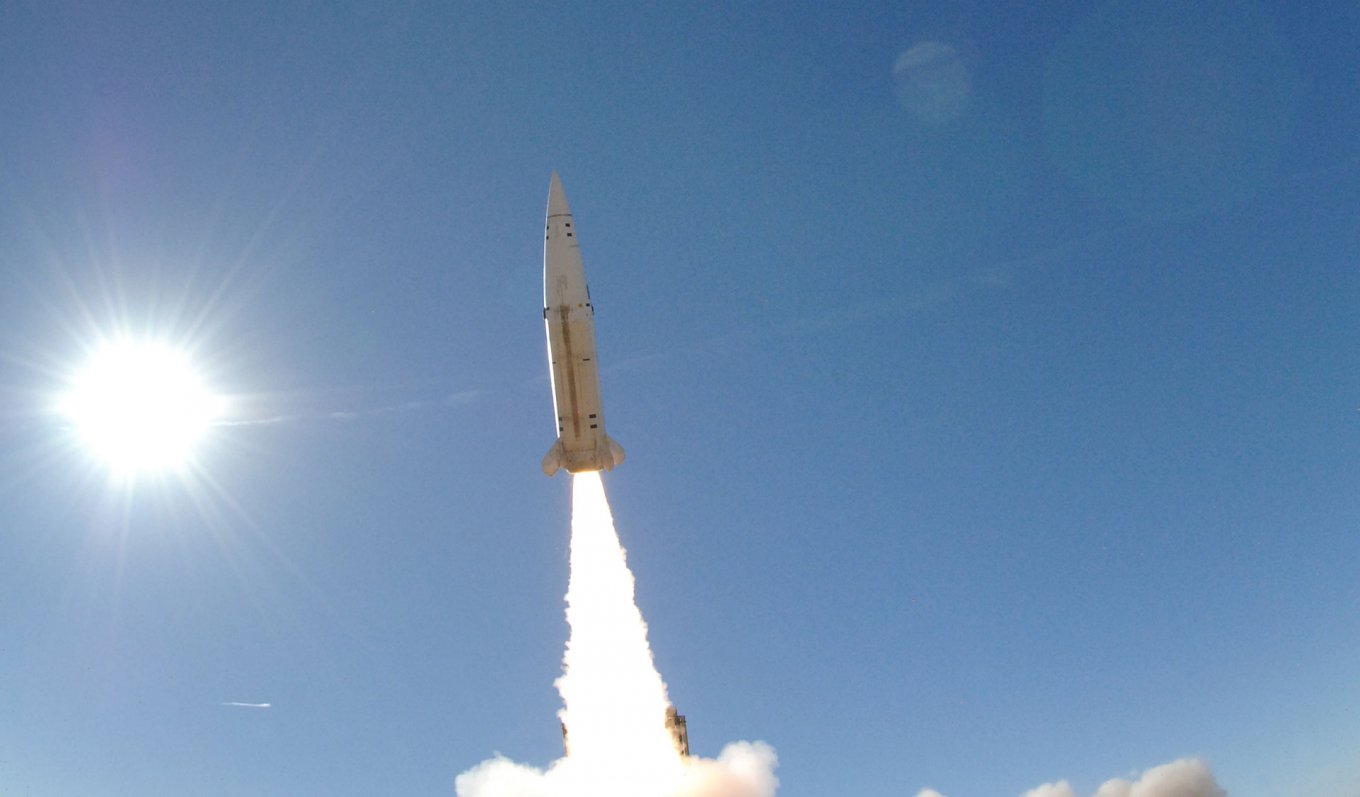
Defense Express reminds that previously, on April 28, there was information about another ATACMS strike on the positions of russian air defense systems deployed on Cape Tarkhankut. Unverified reports from russia stated the attack resulted in four anti-aircraft missile launchers being destroyed, although there are indications that the actual outcome of the missile attack is possibly more devastating.
Here we can carefully assume that after Ukrainian forces have confirmed the effectiveness of ballistic strikes against russian "anti-missile" equipment, they keep pressuring the air defense infrastructure and seek for a weak point, creating blind spots in the radar surveillance system on the peninsula. This could open a new breach in air protection so it can be entered by weapons like cruise missiles or explosive drones which are generally easier to intercept. A similar tactic was used by the Ukrainian Defense Forces back in summer–fall 2023.
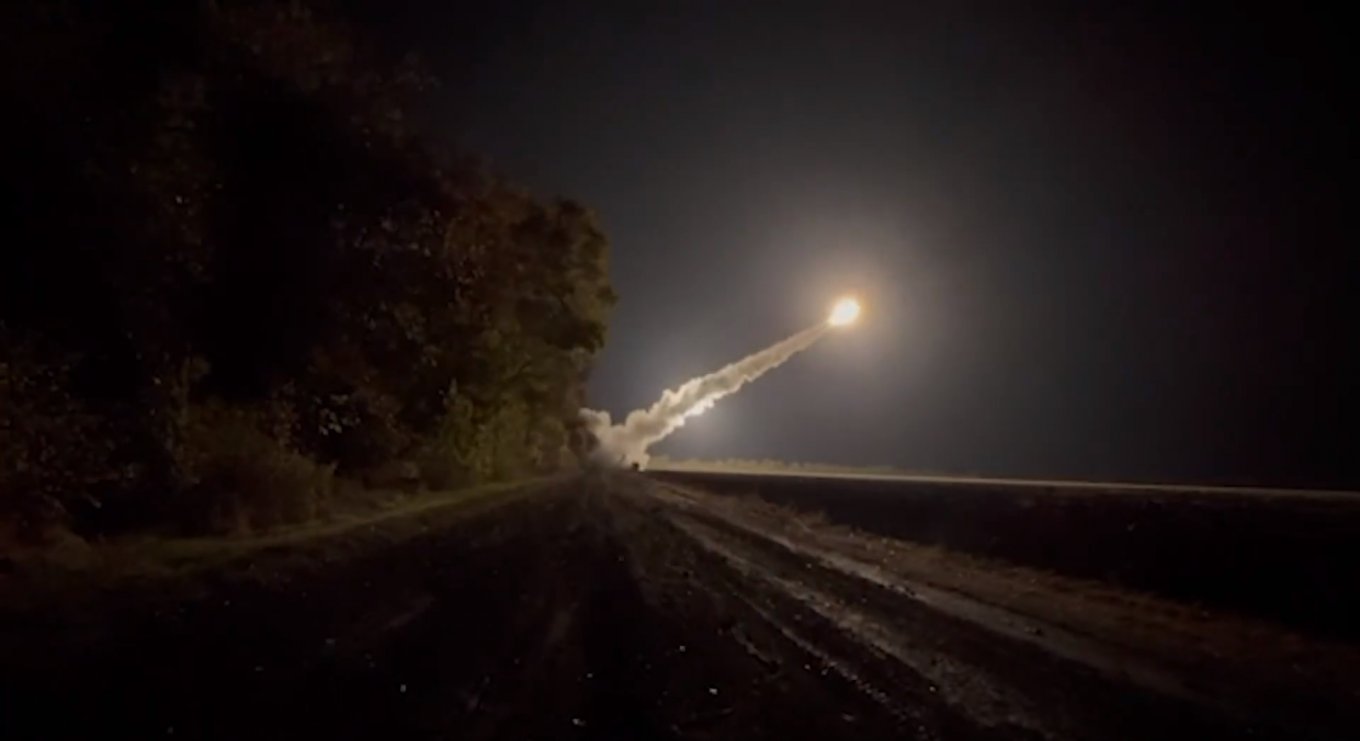
Oleksandr Kovalenko, a military analyst from the Information Resistance project, earlier stressed the importance of strikes on air defense assets of russia to achieve progress in more complex operations, such as hindering the military logistics via the Crimean Bridge. Particularly, he mentioned S-400/S-300 deployment sites in Yevpatoria and a few other cities that must be eliminated to "open up appropriate routes to the bridge with one or another type of weapon."
"We conclude that in order to finish off all the sites where russian S-400 air defense systems are located, we need at least 30 more ATACMS missiles, and then we can say that such illegal construction as the Kerch Bridge deserves a new legal destruction," Kovalenko said. Full story here.
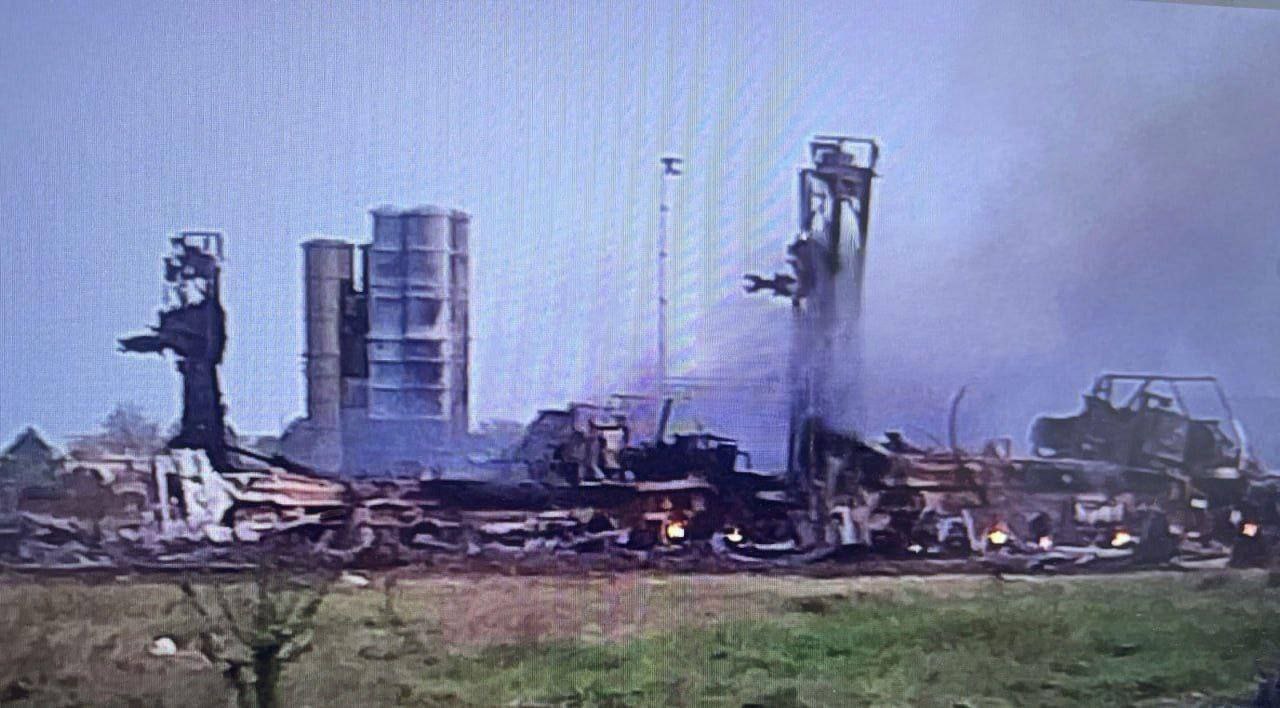
In addition, the locations targeted by ATACMS today include the places where russian air bases are situated. For example, there's the airfield in Dzhankoi that was also struck on April 17th, or the Gvardeyskoye air base near the city of Hvardiiske where people could hear an ATACMS missile(s) land on its target.
Let's also not forget that ATACMS was originally created specifically against such targets as strategic air defense equipment and airfields. We can even see that in a demonstration video showcasing how this missile is going to defeat them, filmed back in the late 1980s.
Read more: The Armed Forces of Ukraine Successfully Destroy 4 S-400 Missile Launchers, Radars, Air Defense Command Post and Rare Air Surveillance System in Crimea




